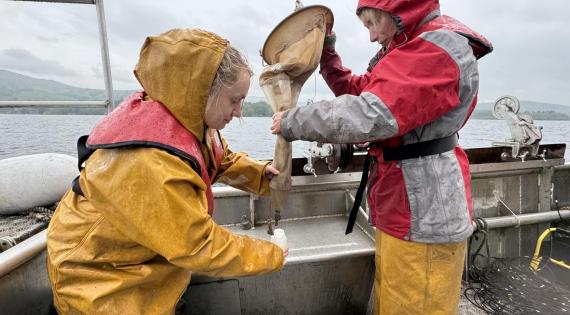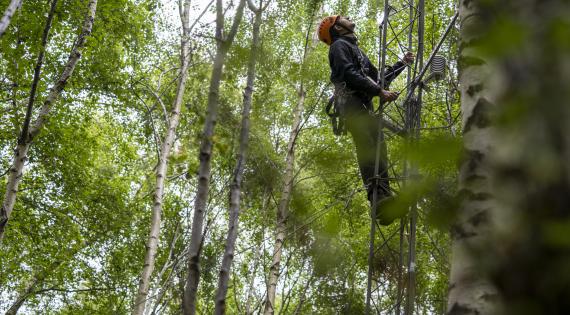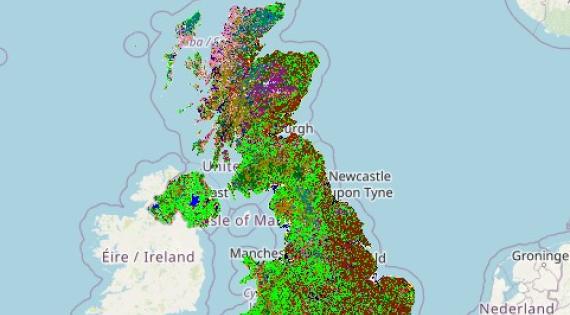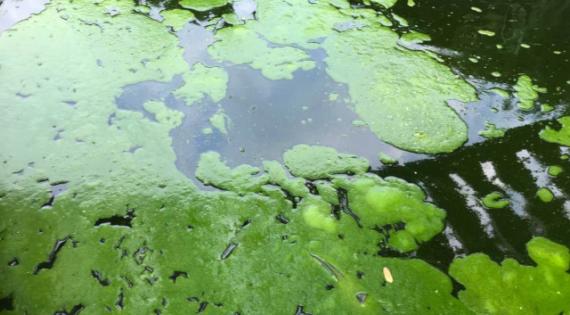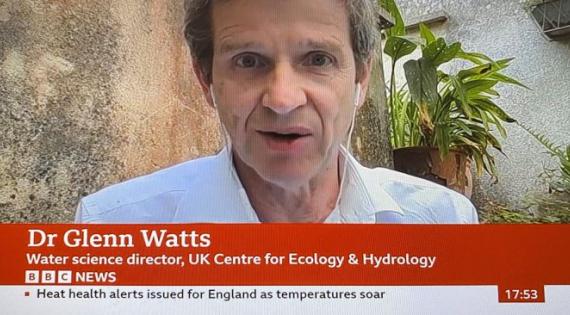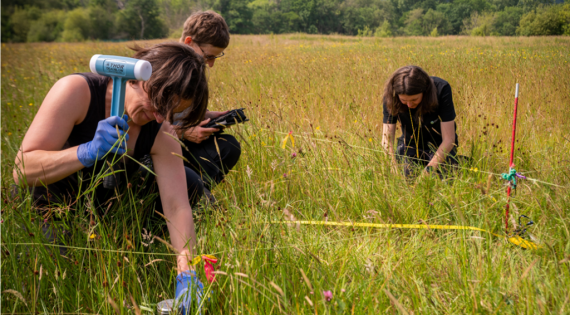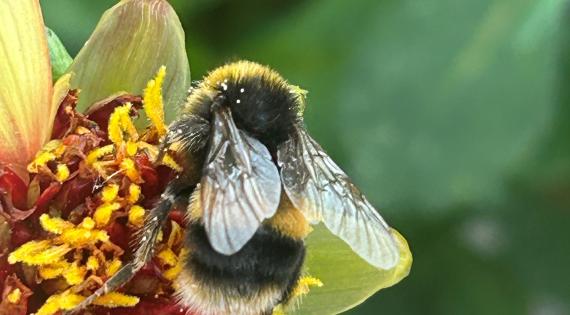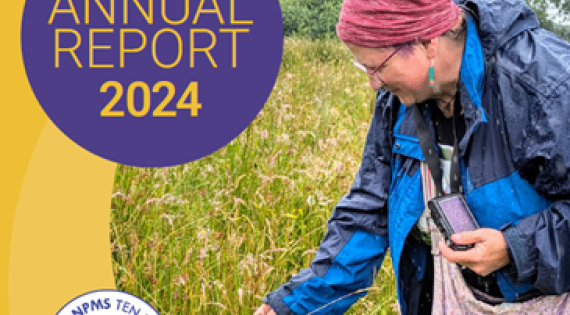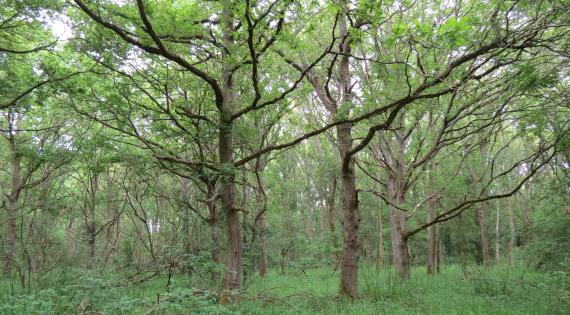Stay Connected. Stay Informed. Shape the Future.
The NC-UK programme is bringing people together to tackle environmental challenges. Over the next five years, we’ll be hosting a calendar of events from hands-on workshops to high-impact conferences all designed to spark collaboration across science, policy, industry, and communities.
Keep visiting this page for the latest updates, opportunities to get involved, and fresh insights from across the UK’s environmental monitoring landscape
Want to stay in the loop?
If you’d like to be kept informed about upcoming in-person and online events, please subscribe to our mailing list.
